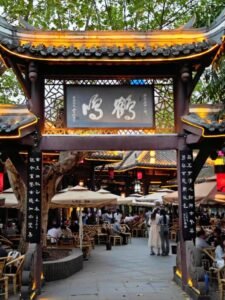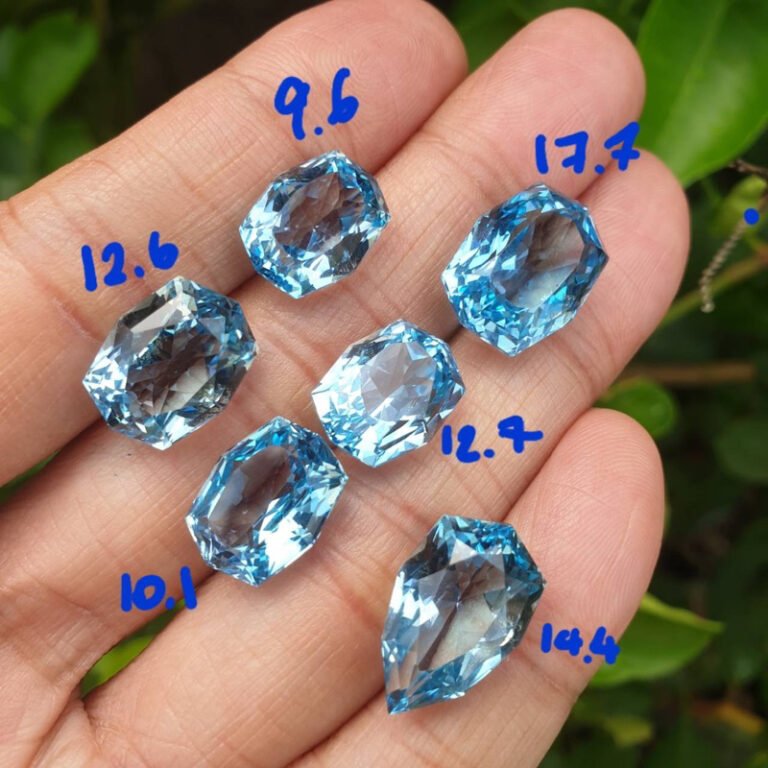In the pursuit of sustainability, the recycling industry continually seeks innovative solutions to address environmental concerns. One such area of focus is the recycling of agricultural films made of polyethylene (PE) and polypropylene (PP). These films, essential for modern farming practices PE PP agricultural Film Washing Recycle Pantequipment, protect crops, conserve moisture, and regulate temperature. However, their disposal poses significant challenges due to their complex composition.
Understanding the Challenge
Agricultural films, including mulching films, greenhouse covers, and silage wraps, accumulate in large quantities after each growing season. Traditionally, these films were either landfilled or incinerated, leading to environmental pollution and resource wastage. The need for efficient recycling processes became evident to mitigate these adverse effects.
Introducing the PE PP Agricultural Film Washing Recycle Plant Equipment
In response to the growing demand for sustainable waste management solutions, the PE PP Agricultural Film Washing Recycle Plant Equipment emerges as a game-changer in the recycling industry. This advanced equipment is designed to efficiently clean and recycle PE and PP agricultural films, thereby minimizing environmental impact and maximizing resource utilization.
Key Features and Functions
The PE PP Agricultural Film Washing Recycle Plant Equipment incorporates several innovative features to streamline the recycling process:
- High-Capacity Washing System: Equipped with a robust washing system, the equipment effectively removes dirt, debris, and contaminants from the agricultural films, ensuring high-quality recycled materials.
- Multi-Stage Sorting Mechanism: Utilizing advanced sorting technology, the equipment segregates different types of agricultural films based on material composition and thickness, optimizing recycling efficiency.
- Water Recycling System: A key sustainability feature, the water recycling system minimizes water consumption during the washing process, reducing environmental footprint and operating costs.
- Drying and Granulation Units: After washing, the films undergo drying and granulation processes to transform them into reusable pellets or flakes, ready for subsequent manufacturing applications.
- Automated Control System: The equipment is equipped with an intuitive control system that allows for automated operation, ensuring consistency and reliability in recycling operations.
Benefits of PE PP Agricultural Film Recycling
The adoption of PE PP Agricultural Film Washing Recycle Plant Equipment offers numerous benefits for both the environment and the economy:
- Environmental Conservation: By diverting agricultural films from landfills and incinerators, recycling reduces pollution, conserves natural resources, and mitigates greenhouse gas emissions.
- Resource Efficiency: Recycling PE and PP films conserves raw materials and energy compared to manufacturing virgin plastics, contributing to a more sustainable and circular economy.
- Cost Savings: Recycling agricultural films can lead to cost savings for farmers and waste management facilities by reducing disposal fees and creating revenue streams through the sale of recycled materials.
- Regulatory Compliance: With increasing regulatory pressure to reduce plastic waste, adopting recycling solutions demonstrates compliance with environmental regulations and enhances corporate sustainability profiles.
Conclusion
The PE PP Agricultural Film Washing Recycle Plant Equipment represents a significant advancement in agricultural film recycling technology, offering a sustainable solution to the challenges posed by plastic waste in farming practices. By embracing this innovative equipment, stakeholders across the agricultural and recycling sectors can contribute to a cleaner, greener future while maximizing resource efficiency and economic viability.
For more information on PE PP Agricultural Film Washing Recycle Plant Equipment and other recycling solutions, visit our website.
















